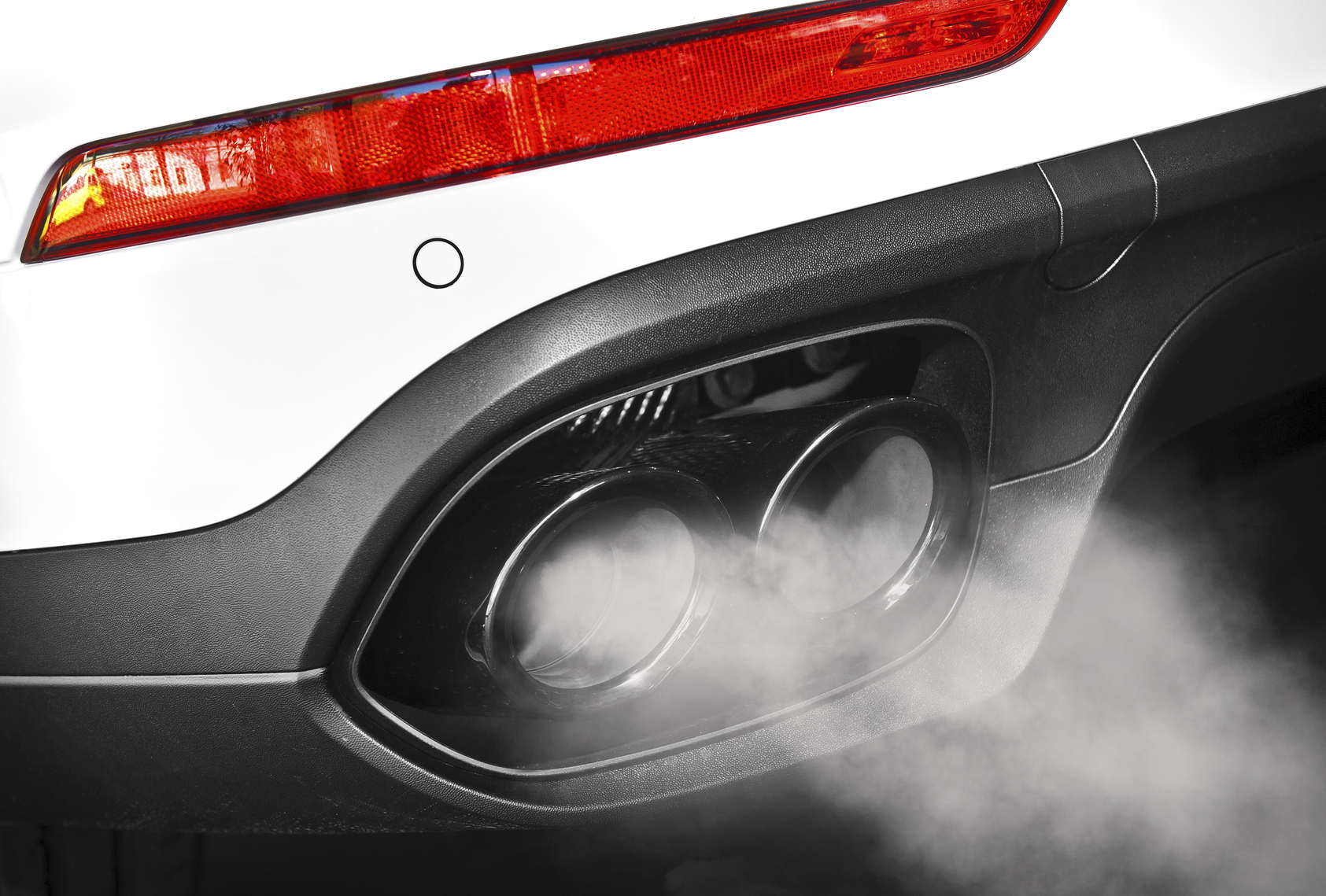🇬🇧 UK government fail to commit to EU air quality regulations post-Brexit

This website uses cookies to ensure you get the best experience on our website. cookie information

The British government’s Environmental Minister, Therese Coffey, and Minister for exiting the European Union, Robin Walker, have both refused to commit to retaining EU air quality limits post-Brexit.
Under questioning from the cross-party group of MPs who form the Environmental Audit Commitee, the pair were asked seven times if they would retain the air quality levels put in place by the European Union – and neither would answer. This comes just weeks after new research showed that air pollution was being prioritised by transport departments in favour instead of economic growth and road safety.
It’s estimated that poor air quality and pollution causes over 40,000 deaths every year in the UK. The EU’s air quality standards have already been transposed into British law, but it’s now feared that these could be repealed or weakened following the UK’s departure from the Union.
However, Coffey did tell the committee: “We are not intending to repeal laws as part of this process. The outcome we are seeking is better air quality. I want you to be assured that this will be a really important issue for this government. We are taking action, going through a process with the clean air zones, which has been open to any councils to bring forward. We will bring forward secondary legislation if we need to force them to do it, but so far those cities have been enthusiastic in wanting to have better air quality. We will continue to strive to have better air quality and a lot of that has to be delivered locally”.
Simon Alcock from NGO ClientEarthh brought a case to the Supreme Court last year against the UK’s failure to meet EU limits on nitrogen dioxide; which is caused primarily by diesel traffic. He said of the hearing “The Minister’s response shows the threat and uncertainty to our environmental laws caused by Brexit. Just as we did 60 years ago we need a new Clean Air Act to tackle the sources of modern air pollution that are harming people’s health, and to maintain and improve legal protections to ensure our right to breathe clean air. This is our opportunity to make UK cities the cleanest in the world and make the UK a world leader in the new technologies and industries that will help us clean up our air.”
So now, it remains to be seen how the issue will progress – and it could all depend on the nature of Brexit. If the UK stays in the EEA (the European Economic Area), the rules would still apply, just the country wouldn’t have the seat at the table to influence them moving forwards. However, if the UK leaves the EEA when it leaves the EU, the laws would no longer be binding – and could be amended, repealed, or improved.
How would you like to see the future rules and regulations work around air pollution? Is greener faster better? Let us know in the comments below – and start cutting down your carbon by offering out your spare seats!
Author Lex Barber
on
See how Liftshare can help your organisation